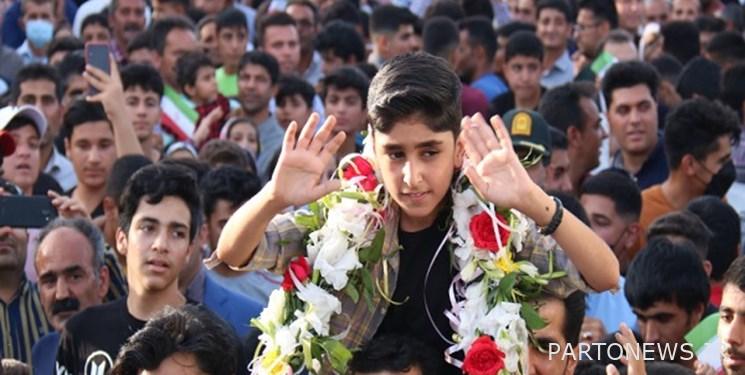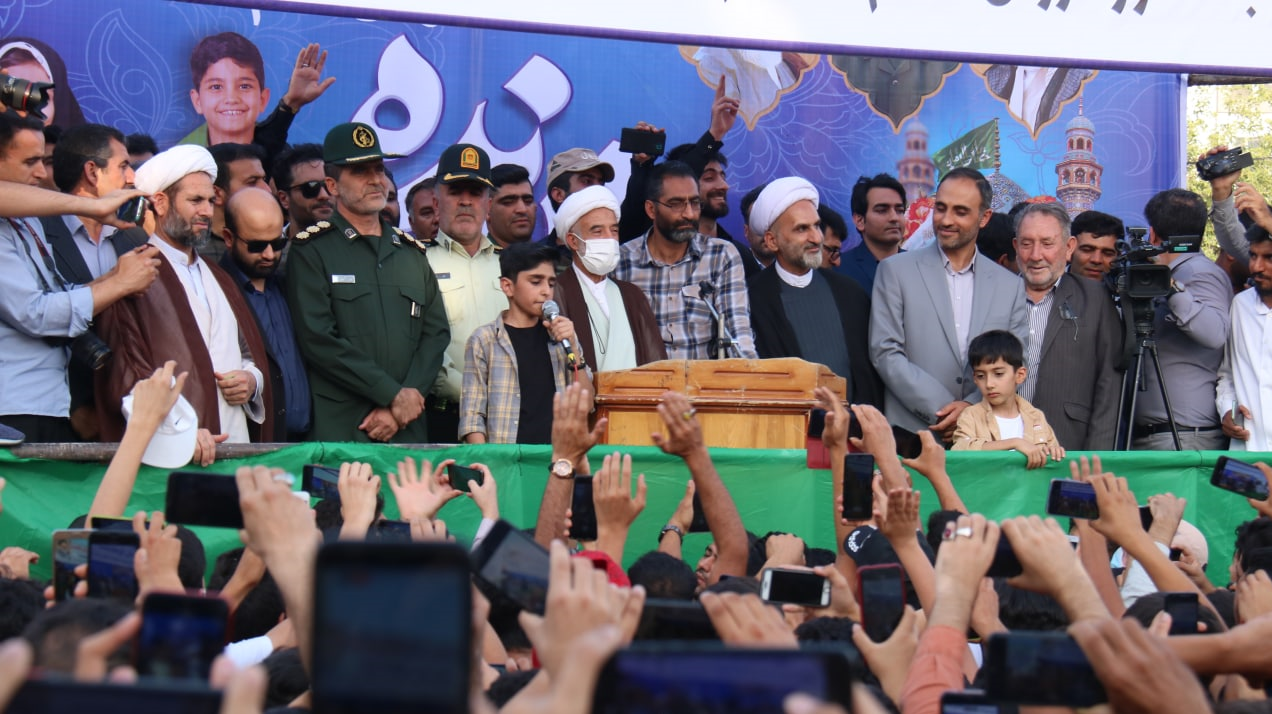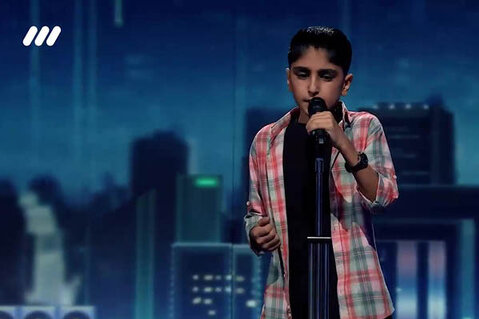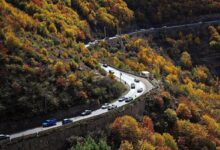The birth of a star; In praise of the honor of the music of the regions

Fars news agency – music group: At a time when values are collapsing and goods are talking with a language instead of people, regional music can be a health preserver, purifying, enveloping and liberating, because it is in the heart of the reality of society.
Last night, after the news segment at 22:00, another episode of the “Birth of a Star” documentary series, which is related to the lives of the finalists of the new era, was broadcast on the Three Sima channel. In this episode, the life of Ali Nazari Toulabi (this teenager won the most votes in the semi-final stage with more than 1.9 million votes) was discussed, and the viewers traveled with him to “Kohdasht” in Lorestan.
We look at the events of this documentary from a semiotic point of view to show how the social dynamics are hidden in every country and this simple documentary is a proof that one should not be fooled by the lies of the foreign media. Foreign media that have been trying to spread division with big budgets for years and show the country in a gloomy situation and leave the future to ambiguous situations. Those who accuse the country of social failure, boredom, backwardness, and suffocation need only watch the documentary by Ali Toulabi, a teenage singer of “New Age”, a documentary that is a combination of regional music art, tradition and religion in a dynamic and rich social heart. from life.
Undoubtedly, they protect against phenomena like Ali Toulabi and his fellow citizens. A phenomenon that reflects the social dynamics of the country more than anything else.
The camera of “Asr New Age” travels to the mountains of a remote city in the west of the country and introduces the audience to simple, warm-hearted, kind and untainted people. They kiss and praise their son Ali in Koi and Barzan and wish him success. Really, what else but art (native music) can bring such a society together and fill it with joy and happiness?

Kohdasht is one of the poorest cities in the country. It is a so-called deprived city with poor people, it does not have a cinema hall, nor such impressive cultural spaces, it has an Islamic culture and guidance center that has been hosting music, theater and visual arts groups for years. Although the new age camera reflects only a few corners of this city, this small amount is enough to show signs of the sun shining in it. The warm sun that shines everywhere in dear Iran and has made the country full of dynamism and excitement.
Ali’s classmates, his family and uncles, his grandmother, his children, the cultural managers of the city and his fellow citizens, etc. Finally, Imamzadeh Seyyed Mohammad Abulofa, in the village of Abulofa, 25 kilometers west of Kohdasht city, on the slopes of a mountain called Bareh Kazem. These are the main characters of this documentary.
As soon as the new era camera enters the city, it is clear that people have raised banners for “Ali” and come to welcome him. At school, they smoke Esfand for him and wherever he walks in the city, they gather around him and take selfies with him. The events of this documentary remind us to judge society by its voices, by its art, by its enthusiasm and gatherings, not by its statistics.
In this documentary, “music” is actually hidden under a larger whole. Unlike everywhere else in the world, where music is tied to money, in Diyar Ali, music is in the heart of society. Ali’s voice, coming from the heart of several thousand years of tradition, teaches us that the world is for listening. The world is not visible, but audible. This is why Ali’s voice is prophetic. Predicting “social hope” and good days ahead.
In this documentary, the star system and the announcement of bestsellers, which speaks of deep cultural and institutional colonialism, give way to the vibrancy and dynamism of the society. Ali’s music, like a mirror of society, draws our attention to this self-evident truth: society is more than the economic categories that Marxists or anyone else would have us believe.
This documentary shows that music is more than a subject of study, it is a way of perceiving the world. A tool for understanding. Today, regional/indigenous music is a reflection of society’s production; Music, as a tool of understanding, encourages us to decipher the sound form of knowledge and learn that no organized society can exist without structuring the differences in its heart. Regional and native music is inseparable from the people.
Undoubtedly, society and culture are a game of mirrors in which every activity is reflected, defined, recorded and distorted. If we look in the mirror, we only see another image. But sometimes the complex play of mirrors gives a rich image because it is unexpected and foreboding.

The greatness of the noble music of the regions, represented by Ali Toulabi, removes all the noises that dominate the city atmosphere. Western media have been feeding our people noise and disorder for years to politicize everything. They make noise in human relationships. They harm the codes of our life and with the same noise they make a tool of power and a form of domination for themselves.
They use the symbolism of frozen words to rob us of the ability to interpret with recorded noises, in order to control the history and manipulate the culture of a nation, throwing violence and its hopes down the drain. But the life and vitality of Toulabi’s fellow citizens produces a sense of liberation. Their behavior is a testimony to the demands for cultural independence and a support for differences, while being marginal.
In the final analysis, in this documentary, the music of the regions that spreads from the larynx of Ali Toulabi is the outer shell of the social dynamics of Iran today. Because elements and themes such as life, love, hope, suffering, happiness, etc. are reflected in the works and cultural and artistic heritage of this ecosystem; And it goes without saying that these motifs build the discourse foundations of every original culture.
Finally, music is a collective memory area that allows people to record their patterned, specific and personalized meanings, confirmed in time. It is a voice that gives scope and meaning to our culture and horizon of possibilities; The collective memory of order and genealogies is the repository of vocabulary and social dynamics of Iran today.
end of message/
You can edit this article
Suggest this article for the first page

